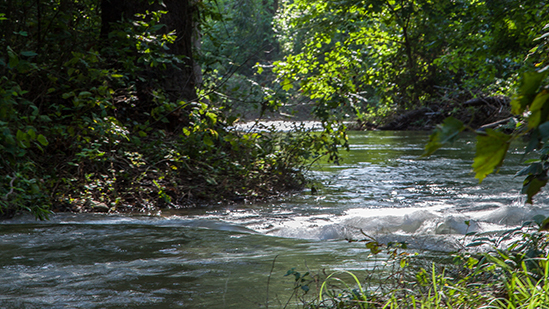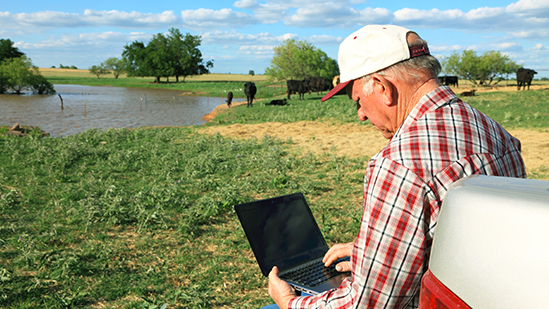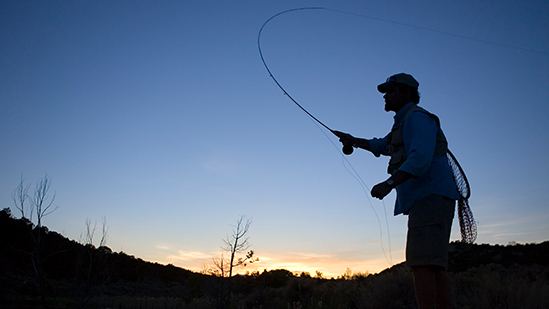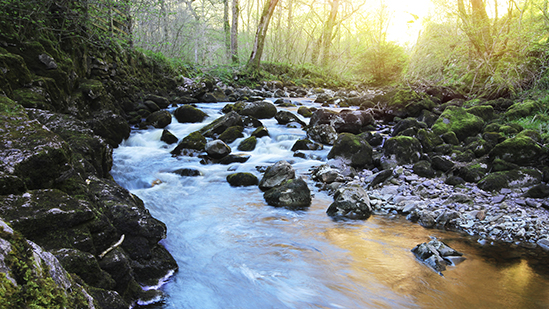When finalized, the agreement among The State of Oklahoma and The Choctaw Nation of Oklahoma, The Chickasaw Nation, and The City of Oklahoma City will resolve decades of conflict over our vital water resources and will establish a cooperative framework for the future. This historic achievement was developed with unifying principles which reflect the interests of all Oklahomans.

The parties to the agreement have worked hard to meet and protect the water needs of south-central and southeastern Oklahoma, including the needs of agriculture, industry, and drinking water supplies, while maintaining healthy lakes and streams. The goal is to protect the environment while supporting the growing economies in this part of the state that will allow our rural communities to thrive.

Our cities create or support more than a million jobs a year. Urban centers drive prosperity for the whole state. And no city can prosper without water. With a basis in sound science, this agreement will balance the water needs for the Oklahoma City metropolitan area with the need to maintain the rural communities in a growing part of our state and to protect the ecological needs of the unique river systems, streams, and springs of south-central and southeastern Oklahoma.

The agreement unequivocally protects existing water rights and provides certainty for the development of future uses by maintaining the state's regulation and administration of water and water rights.
Without this agreement, existing water rights for urban, agricultural, industrial and development for future uses and needs would remain uncertain.

Tourism is Oklahoma's third largest industry – much of this tourism is centered on water recreation in south-central and southeastern Oklahoma. The agreement will protect those water resources necessary to support a vibrant recreation and tourism industry, now and for the decades to come.

It is only through unity and cooperation that our vital water resources can be preserved, protected and developed in ways necessary to support and protect the needs of all stakeholders, now and in the future.
"Absent this agreement, existing water rights for urban, agricultural, industrial, and development for future uses and needs would remain uncertain. When finalized, the agreement will protect existing rights and provide certainty for the development of future uses both in and outside southeastern Oklahoma."
Attorney General Scott Pruitt
State of Oklahoma